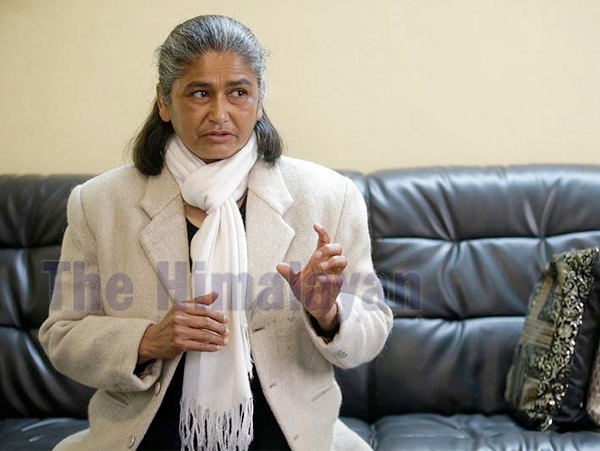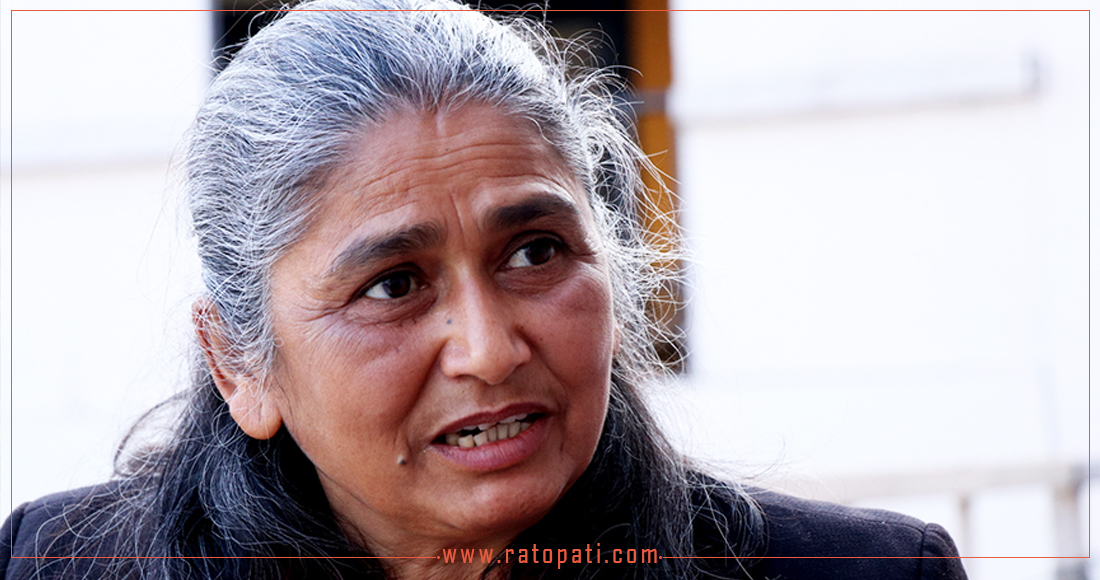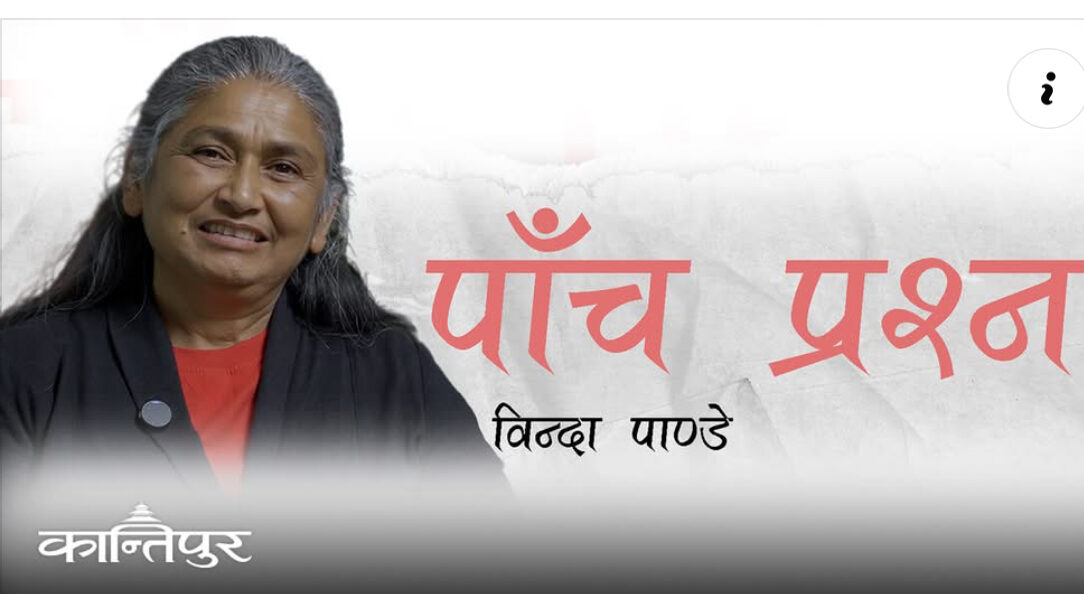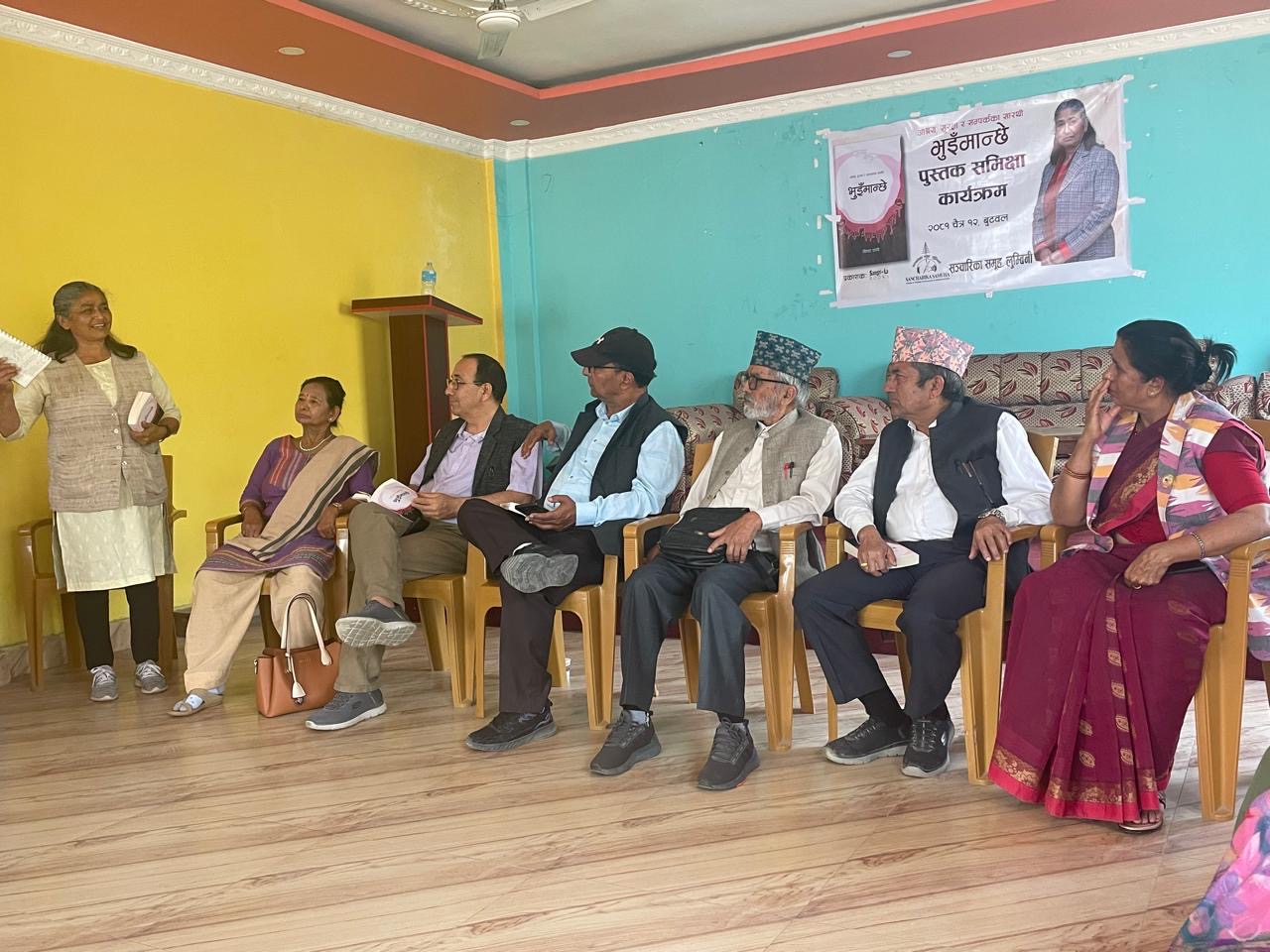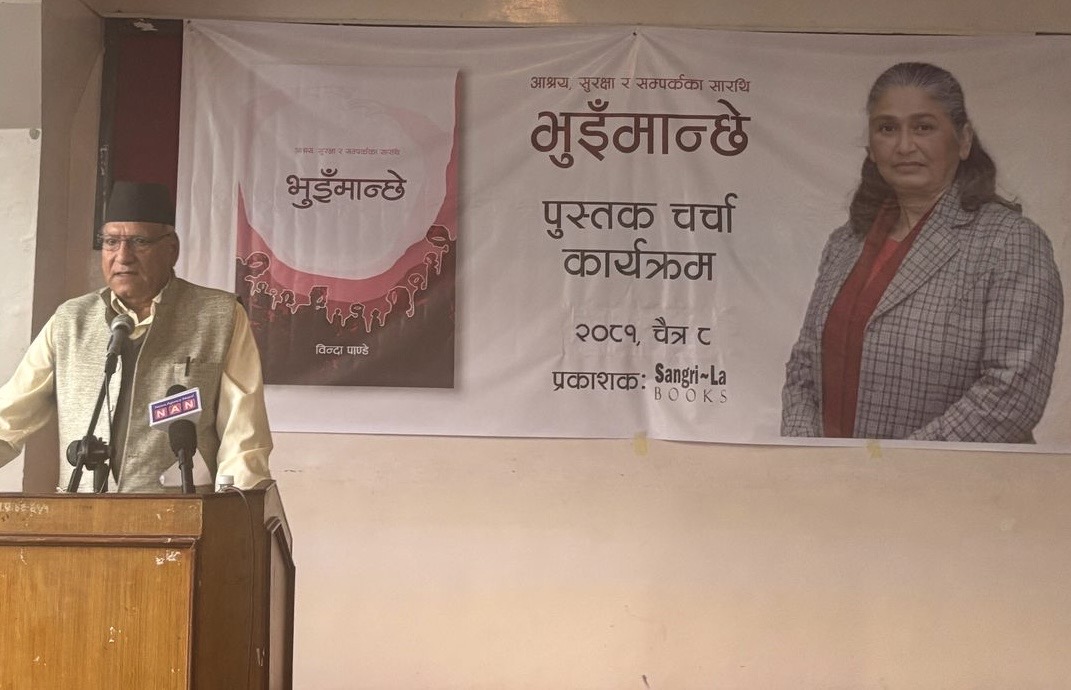Regional conference on Migration in Arab Countries has been conducted inAmman, Jordan on 13-14 Dec. 2013. The meting was participated by about 20+ participants from 7 countries as Nepal, Philippines, Thailand, Myanmar, Lebanon and Bahrain including organizer from ITUC and LO-Norway. It was facilitated as organizer by LO-Norway and ITUC-Arab office.
Opening the meeting Nazeem from ITUC Arab office and Floro from LO-Norway mentioned that recognizing the contribution, social cost of labor migration; special attention on vulnerable condition of women migrants, harmonizing the labor law with migrant right are major issues to address in the process of protecting migrant rights.
Right to information regarding migration and protect their right in cooperation with trade unions is important. TU should involve in all process, embassy should provide service and necessary standards should be established by multinational institutions like UN, ILO, WB/IMF etc.
Employer should provide administration cost, basic insurance and tripartite mechanism should be established to see the issues, since migrants’ contribution to develop economy of both countries of origin and destination is important.
TU should continue organizing and unionize, in cooperation with other social organisation to facilitate necessary services, visualizing working on migrant, policy lobbying, educating and capacity building training in their favor.
Ghassan the TO representative from Lebanon mentioned changing attitude about migration, get rid of fear among migrant, TU should be basic vehicle and NGO should play supportive role,
Inaam from Lebanon added that big challenges to organize migrant cause by their undocumented status.
Karim from Baharain mentioned TU in receiving countries as engaging with internal issues and not being able to give much attention for migrant issues. To facilitate this cooperation from country of origin is needed.
Sharing the experiences of HK Shiella mentioned migrant workers are allowed to be organized and getting support from local union. Immigration law is much supportive; but still domestic workers are not allowed to be permanent in HK unlike other categories.
Bishnu from Nepal added facing political transition, no parliament for ling time, could not move labor related laws. Organizing migrant is going on in destination countries. Korea rated Nepali migrant as number one in terms of performance. In Malaysia working jointly with TU, embassy and migrant org., UNI and BWI are in cooperation and result is satisfactory. In Arab world, organizing has been started. Lebanon is getting momentum, more than 13,000 women are working there. Qatar is getting in frontline; they are helping to bring democracy in Qatari society itself as well rather just fighting for their own right. Just this week Nepali went through strike. 297 went back and 225 went back to work with commitment of getting 1200 Real wages per month as contract.
Dr. Hind from Jordan mentioned that Jordan is the first country to include domestic workers in law, but no holiday and minimum wages reflected and cannot inspect the house for working condition,
After this session, the countries sharing were happened. With this, the first day was concluded. There was heavy snow falling outside with chilling cold.
2nd day of the program was devoted to discuss on ITUC’s policy and initiation on migration issues, where Natacha and Merrike presented including campaign and its outcome of domestic workers called 12 by 12 as ratification of ILO convention 189 and amendment of labor laws.
Upto now, some 15 countries have ratified and 11 has reported to ILO. Similarly, 5 countries have reformed labor law. ITUC has drafted unified contract paper for migrant domestic for GCC countries and aiming it to be adopted soon.
Next session was devoted to discuss on model cooperation between trade unions among countries of origin and destination. In the session all the participants shared their experiences of work and included the idea in Amman declaration as modification of the Philippines declaration 2011. The copy of the declaration is included herewith.
The further step is developing cooperation between country of origin and destination to organize migrant workers to protect their right.
On the way back, we met comrades in Doha and shared the outcome of the program as well as how to make our work more effective and efficient in Qatar as organizing and supporting migrant community there.

